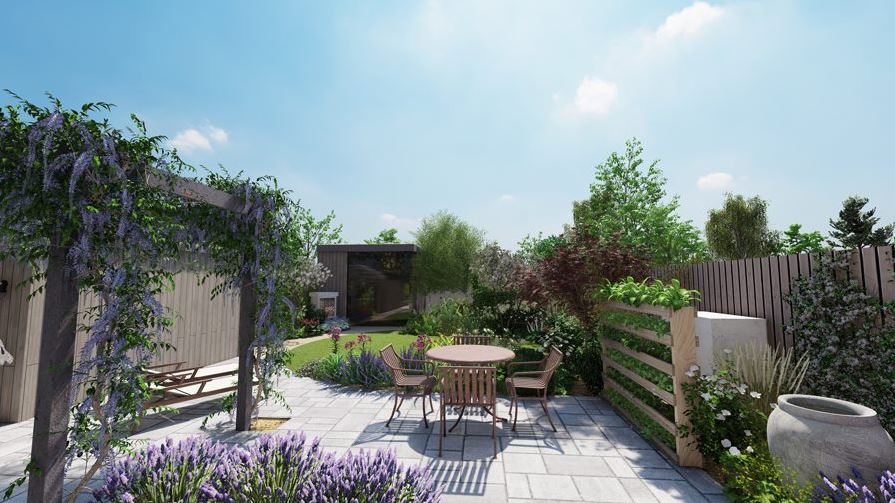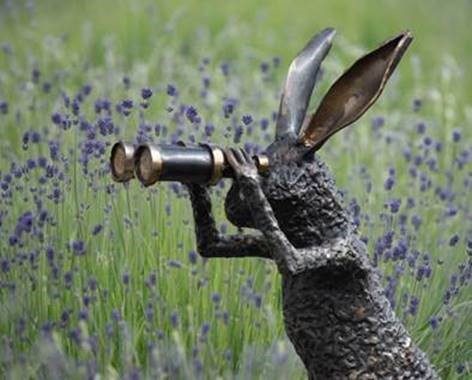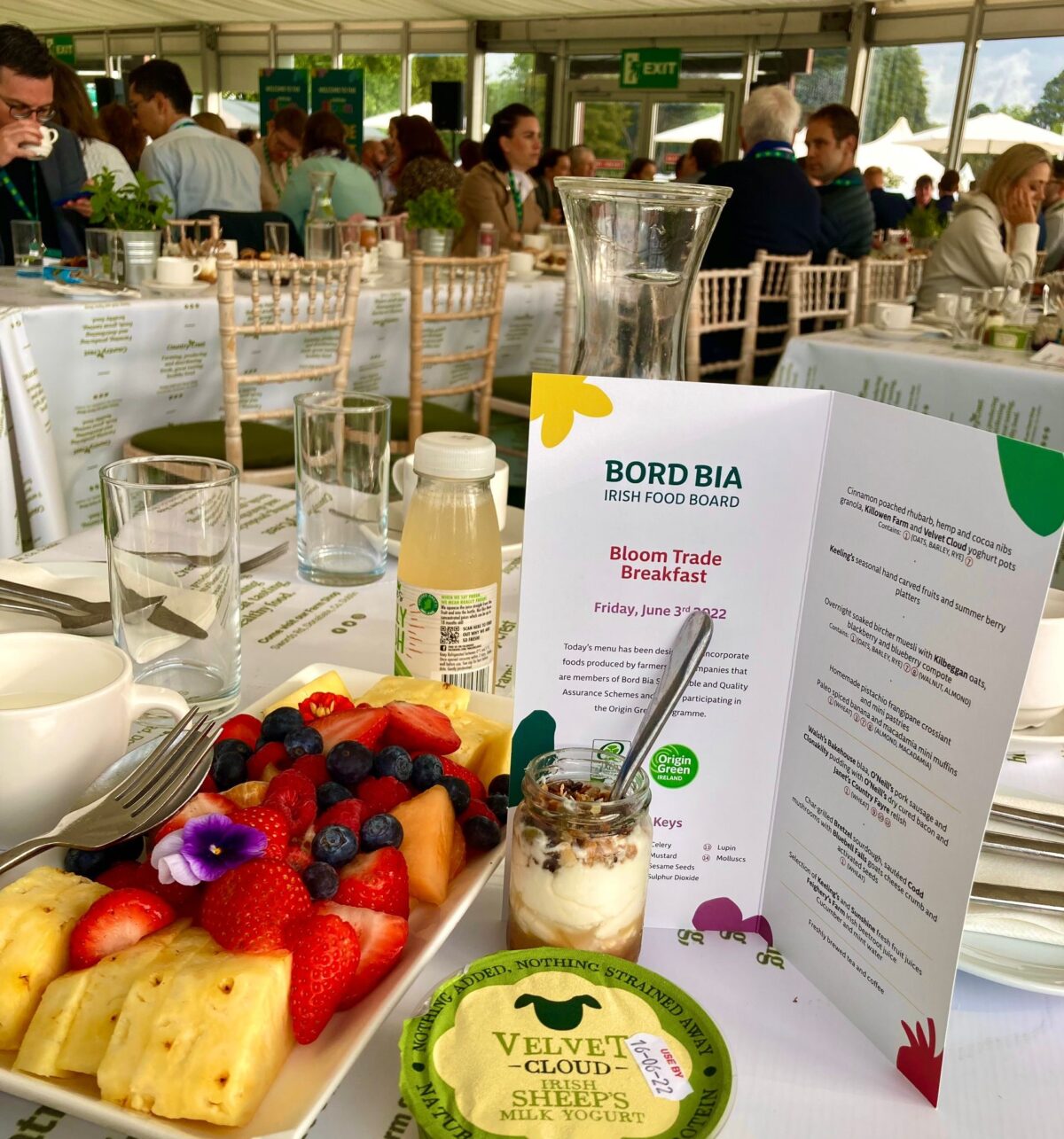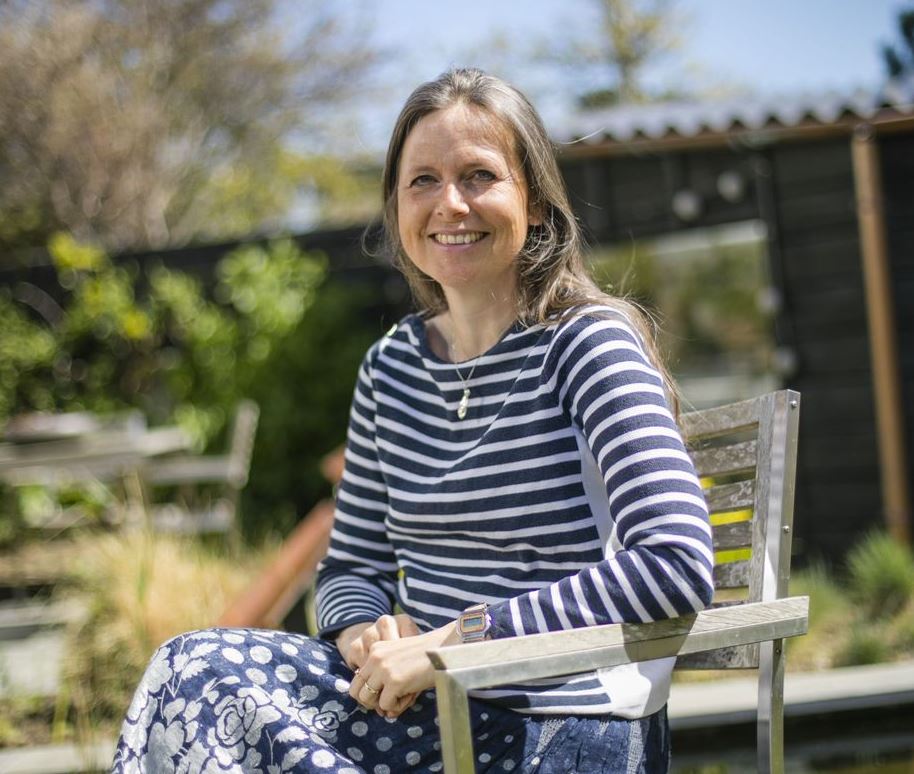Garden design advice from Nóra Tombor, Show Garden Designer
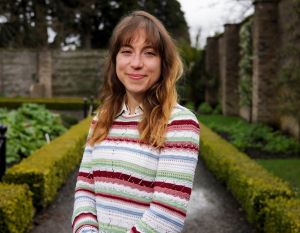
Nóra Tombor, designer of the Rewild! Show Garden sponsored by Westland Horticulture at Bord Bia Bloom, shares advice on how to create a beautiful, naturalistic garden that is easy-to-manage and kind to wildlife – a win for all.
A neat and tidy garden that has been meticulously cut and cared for may look great to the human eye, but wilder spaces can offer more sustenance and protection to our insect and wildlife populations which we depend on to safeguard the environment. They need food, water, and sheltered habitats where they can set up home, whether that’s a compost heap or a simple pile of logs for invertebrates, or a home-made or shop-bought bird house or bee hotel for pollinators.
While rewilding has become a hot topic in recent years as environmentalists urge us to loosen our grips on our lawnmowers, it doesn’t mean gardens have to be unkempt. Nóra’s show garden at Bord Bia Bloom will illustrate how a garden can be both beautiful and biodiverse, providing a space for humans and wildlife to co-exist happily in nature.
By enhancing biodiversity and creating a wilder aesthetic in your garden design, you can create a sanctuary that not only supports local ecosystems but also nourishes your own physical, mental, and emotional wellbeing. It becomes a space where you can retreat, recharge, and reconnect with nature, providing a haven that brings joy, inspiration, and a deeper connection to the natural world right on your doorstep. If you would like to create a biodiverse garden at home, then here are a few simple tips to help you get started.
- See what grows in the community around you
Your location, aspect, soil type and climate can greatly determinate what species can thrive in your garden. To find out what plants are most suitable for your own garden, and what animal species are most likely to visit your space then look to your community.
Find out what grows happily in neighbouring gardens and in your local parks and public spaces. Pay attention to native plants and trees that are known to support biodiversity. They provide food sources, nesting sites, and shelter, enabling the survival and flourishing of native species. Rewilding gardens helps to re-establish the intricate web of interactions and relationships that exist in natural ecosystems, fostering the resilience and health of local biodiversity. You can read more about these plants on the National Biodiversity Data Centre’s website, actionforbiodiversity.ie.
- Consider reducing the size of your lawn
If you are a keen follower of garden trends you may have noticed that lawn sizes are getting smaller. Many garden designers are encouraging clients to move away from the concept of traditional, well-manicured lawns in favour of wildflower meadows or larger beds packed with pollinator-friendly plants and you can see an example of this transition in my Rewild! garden at Bord Bia Bloom.
While the best time to sow wildflower seeds is in March and April, it is not too late to make your lawn more pollinator-friendly this year. By giving your lawnmower a break for a month and taking part in #NoMowMay you can encourage the growth of native Irish wildflowers like buttercups, daisy, yarrow, dandelions and clover, which are important sources of pollen for pollinators. You don’t have to go fully wild if you’re not ready; cutting pathways through the meadow is both practical and visually striking.
- Create habitats that attract wildlife
Installing bird houses, insect hotels, wormeries, hedgehog houses and other habitats are a great way to attract wildlife into your garden and a fun activity for all the family to get involved in. These are readily available for purchase in garden centres and you can also find plenty of tutorials showing you how to build your own online.
If you have children at home, encourage them to get involved. Bring them foraging for pine cones, twigs and stones that you can use to make shelters and water features for birds and bees. All you need is an old saucer, a few pebbles and some rainwater and you have the perfect bird bath.
Compost heaps are great for reducing food waste and also hugely beneficial for garden biodiversity, sustaining fungi, worms, slugs and many other invertebrates. If you don’t have space for a compost heap, then consider adding a small log pile to your garden. These can support a variety of insects and provide shelter for small animals and amphibians.
Nóra Tombor is one of two winners of this year’s Cultivating Talent initiative at Bord Bia Bloom. This special programme, which is sponsored by Westland Horticulture, provides emerging designers with mentoring and funding to bring a show garden to Bloom for the first time.
You can see Nóra’s garden, and 21 others, at the festival in the Phoenix Park, Dublin from May 30th to June 3rd. To stay up-to-date with news on the show gardens, and the many other fun aspects of Bloom, please stay tuned to our social channels @BordBiaBloom. Tickets to this year’s festival are available here.








